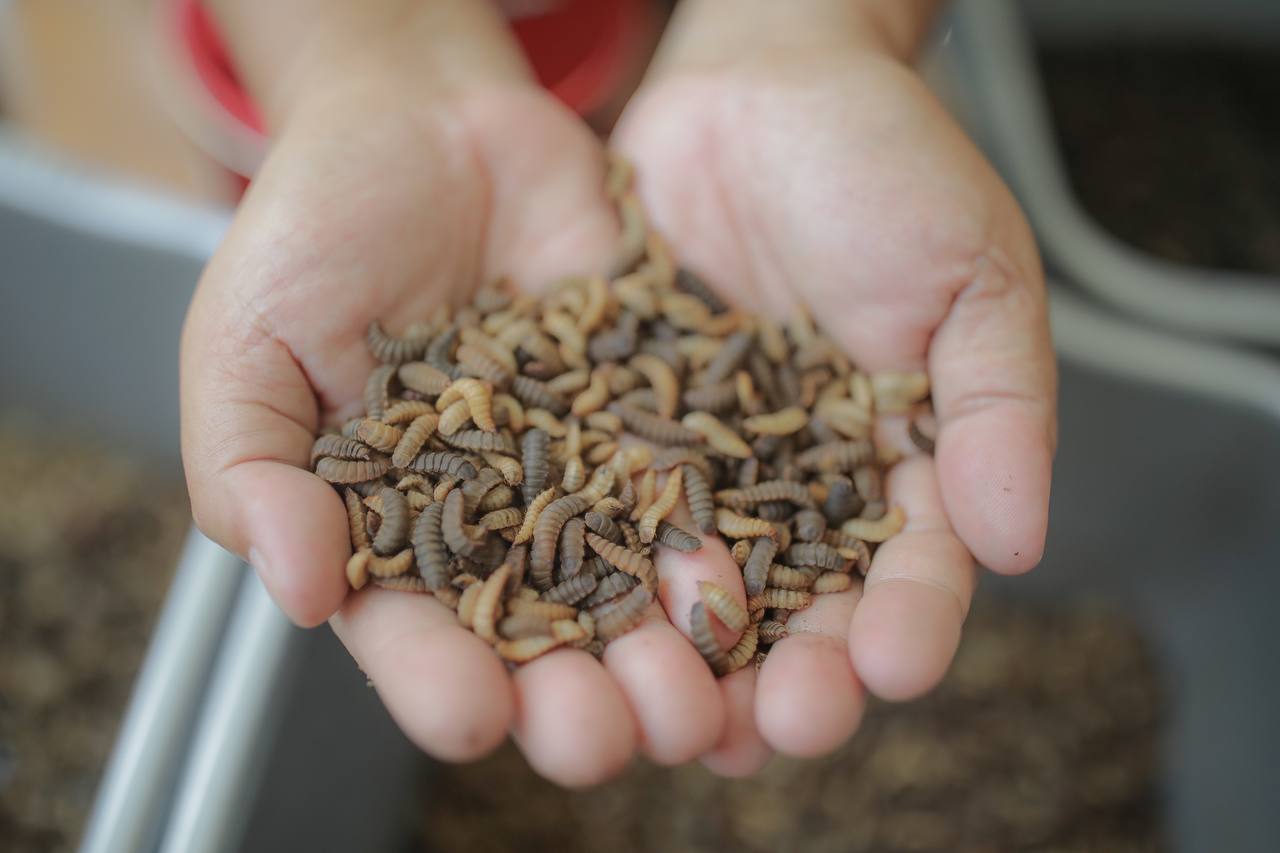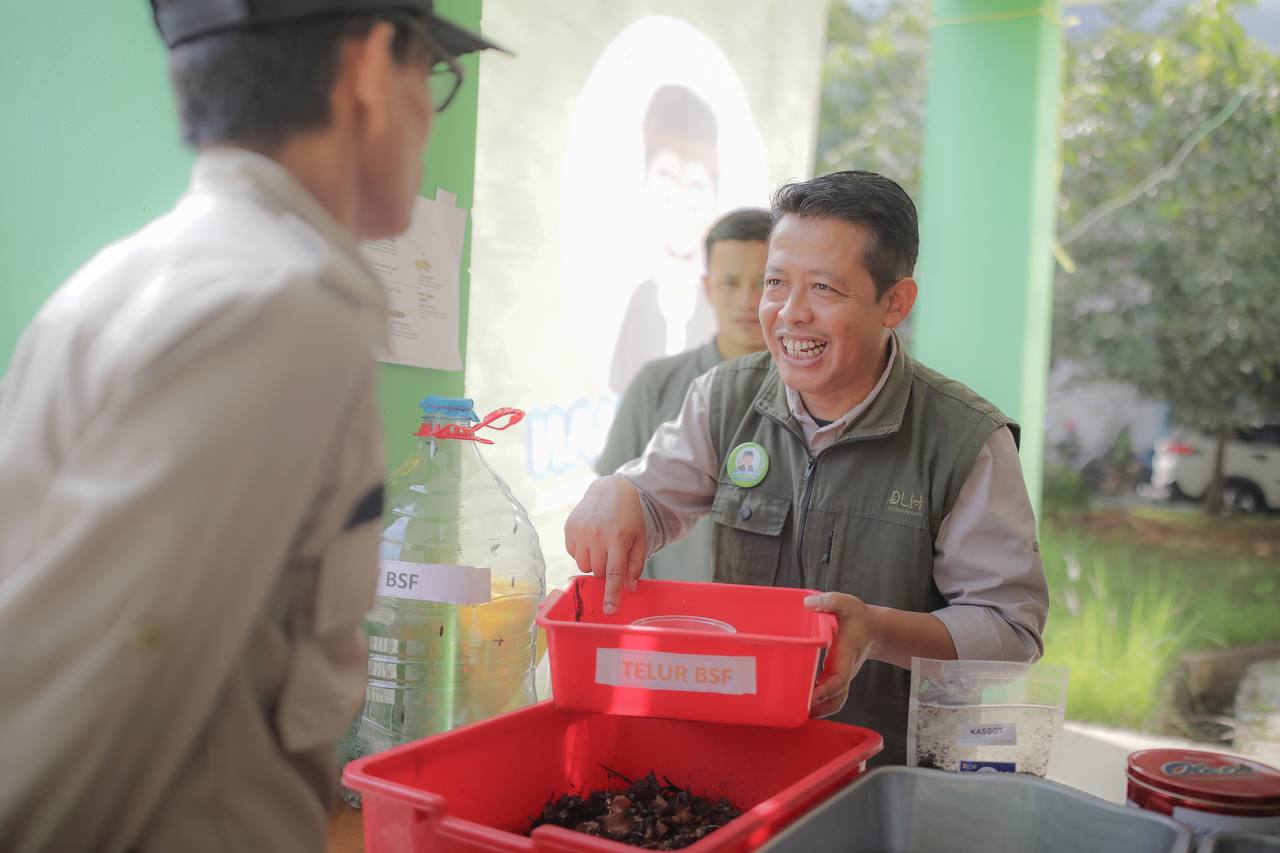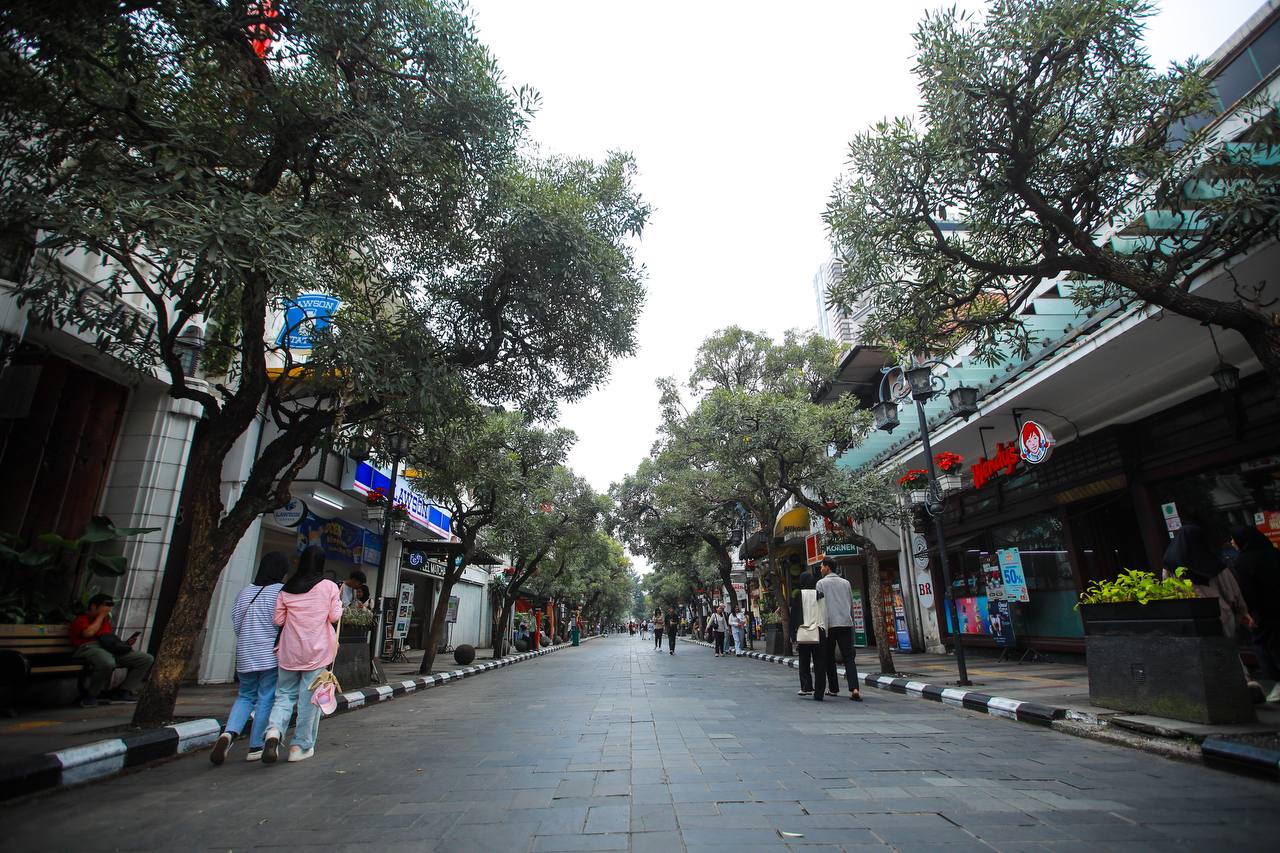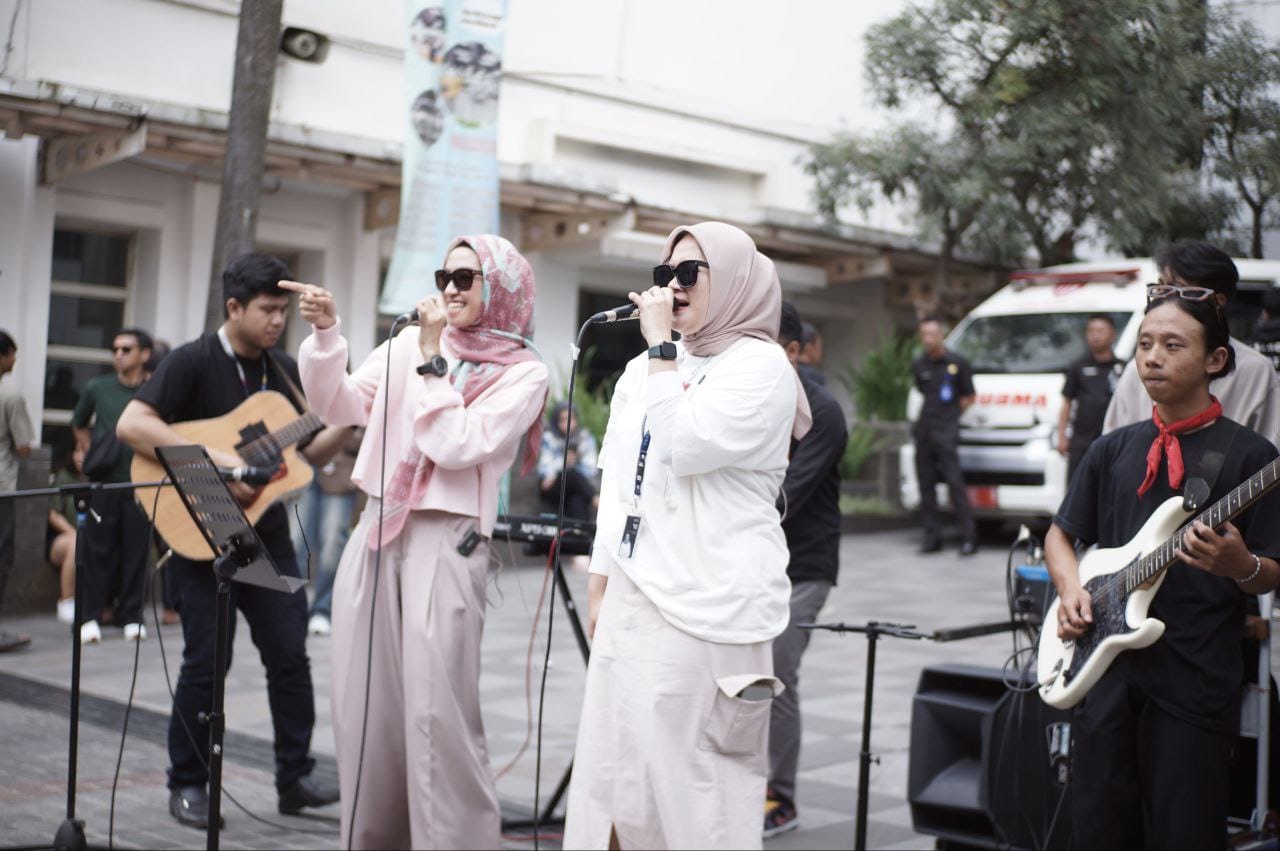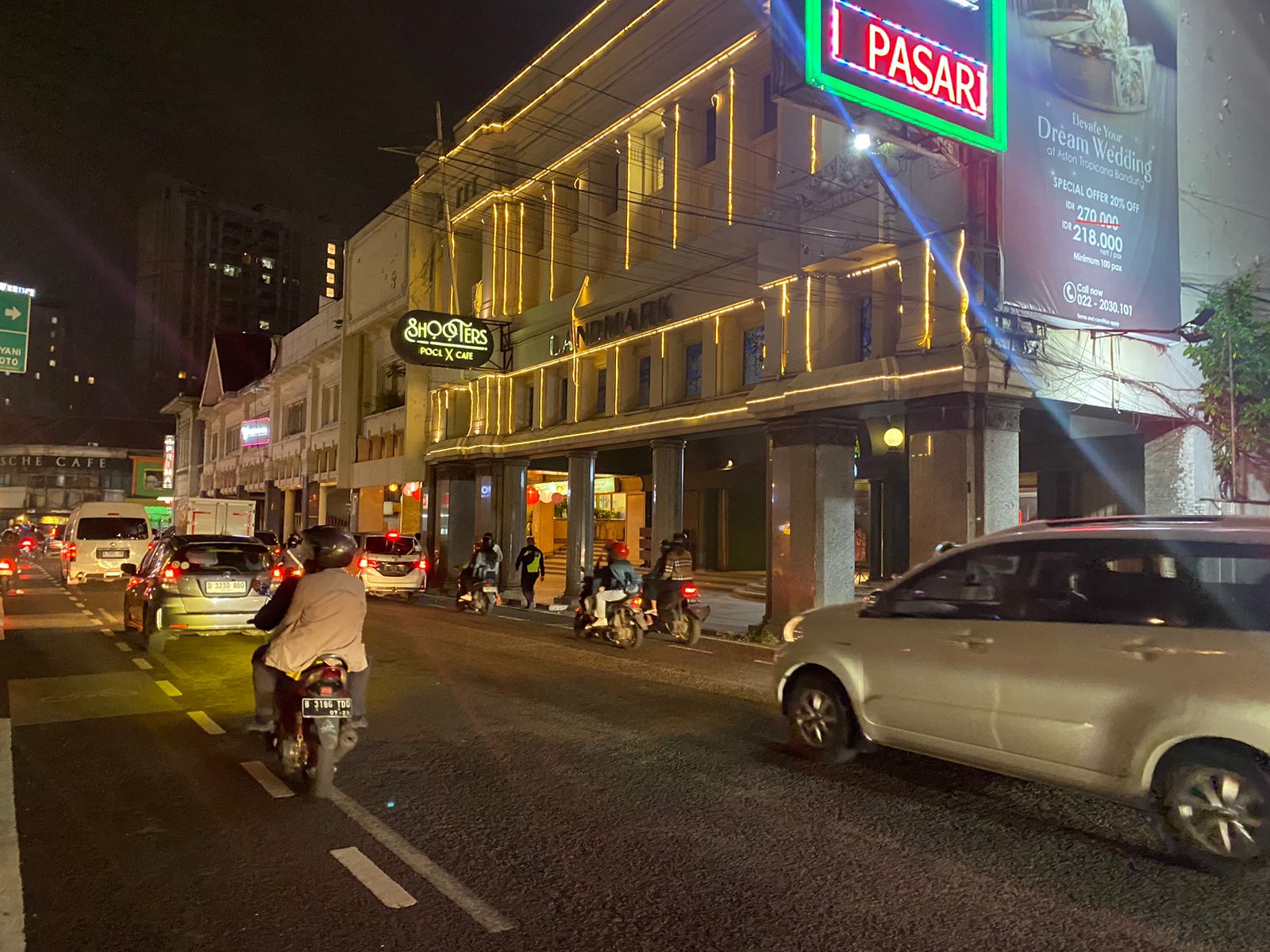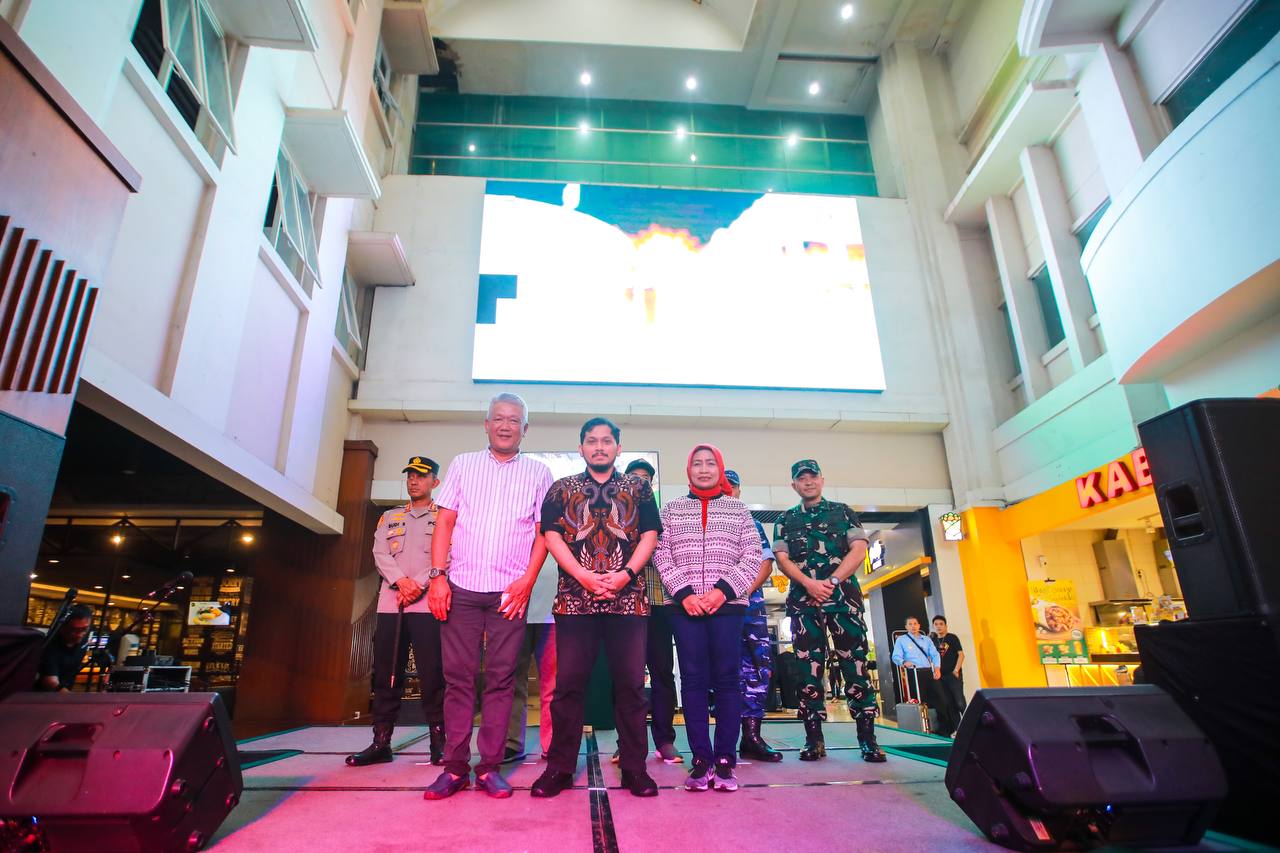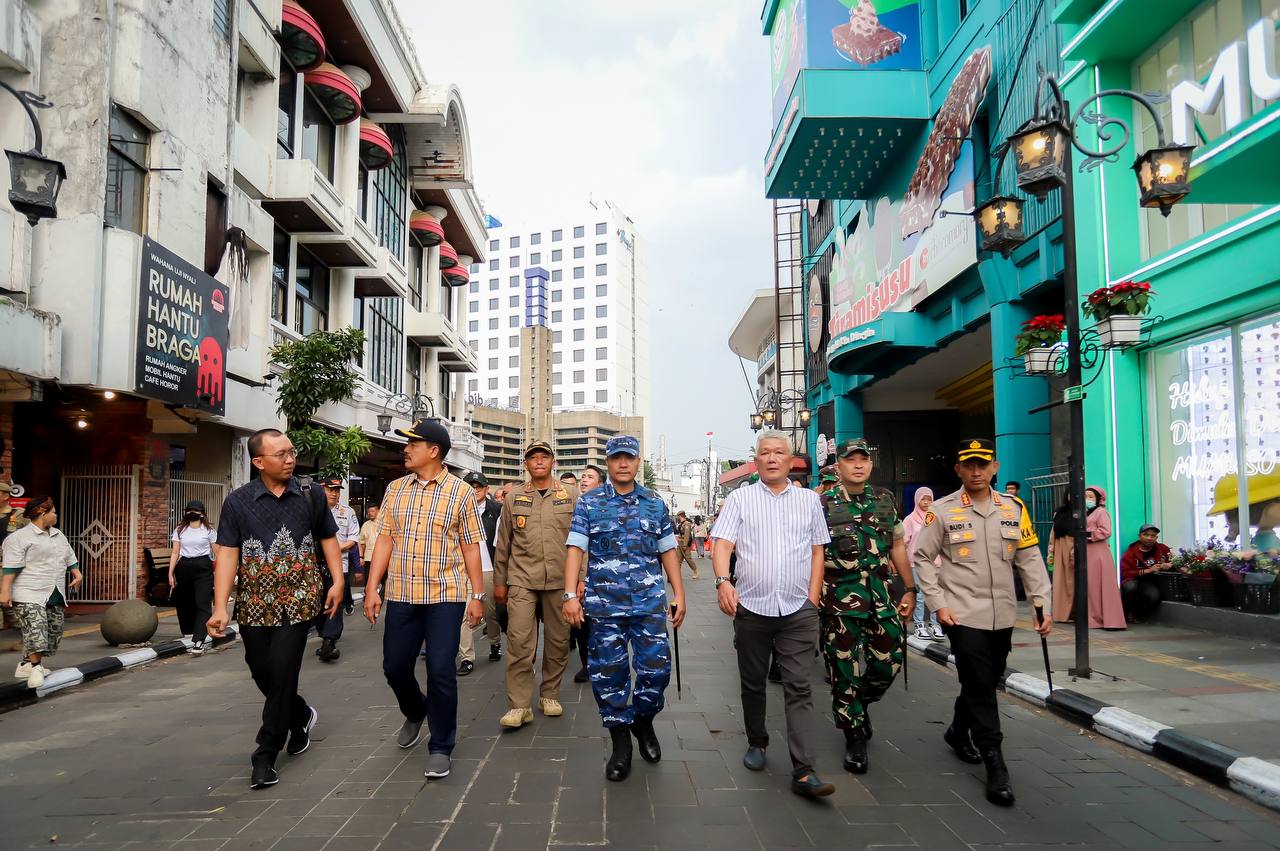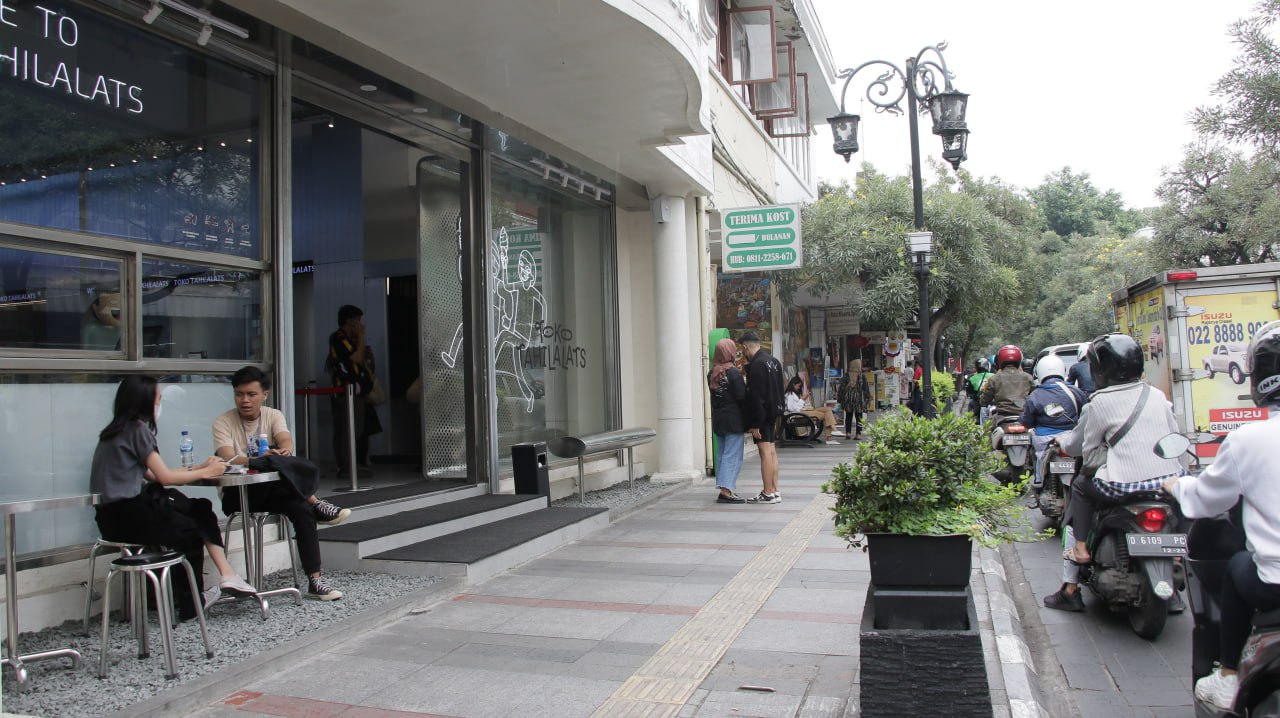75 Percent of Residents of RW 02 Sukamiskin Have Successfully Processed Waste at Home
Nothing is impossible if all residents support each other and are willing to continue learning to protect the environment. Like RW 02 Sukamiskin Urban Village, Arcamanik District, 75 percent of the residents have succeeded in processing waste in their homes.
The mover was Deny Sukirman, Head of RW 02 Sukamiskin. He has mobilized his citizens to carry out Kang Pisman since 2020.
"Not only Kang Pisman, we also have Buruan Sae. So there is a chicken farm, a garden, and there is a catfish pond. The principle is Waste to food, integration of waste management," explained Deny after Kang Pisman's socialization at SOR Arcamanik, Sunday 21 May 2023 .
In the first stage, he socialized Kang Pisman to waste workers at RT RW, PKK women, and youth organizations. Then, provide trash bucket facilities and garbage collection schedules by officials.
"We provide five buckets for one house. The collected waste is transported to TPS. The organic waste treatment system uses Black Soldier Fly (BSF)," he explained.
To increase enthusiasm, there is a reward for residents who are diligent and routinely processing waste, namely getting one chicken.
This effort was fruitful. Based on the records of RW 02 Sukamiskin, 276 out of 368 families have managed to sort waste properly.
The average organic waste generated in the region is 150 kg/day. 100 kg of waste per day is processed using the magot system and composting. Then the remaining 50 kg was transported by the DLH team.
"5 kg/day of inorganic waste is reused. So that the amount of waste that can be reused is 105 kg/day or 3,150 kg/month," he explained.
However, he admits that one of the obstacles in processing waste is residual waste such as glass, broken lamps, including plastics. Because for the processing of residual waste, his party does not yet have the facilities, such as machines or anything that can process waste until it runs out.
"There are also people near our area who process residual waste using a manual incineration system. But it turns out that after trying it, it's not right for our environment because the area is too densely populated. I was worried that it would have a negative impact on the environment, even though the original intention was to process the waste but instead cure other problems," he said.
Therefore, he hopes to collaborate with RWs who have the means to process residual waste better.
"If all RWs can process, take action, help with waste management, starting with the residents and management, they can reduce waste, so that the waste produced is no longer disposed of at TPS or even at TPA. I'm sure that the waste in Bandung City will eventually be finished. The environment is cleaner. , fresher, and cooler," he hoped. (din)**
Head of the Bandung City Communication and Informatics Agency
Yayan A. Brilyana




